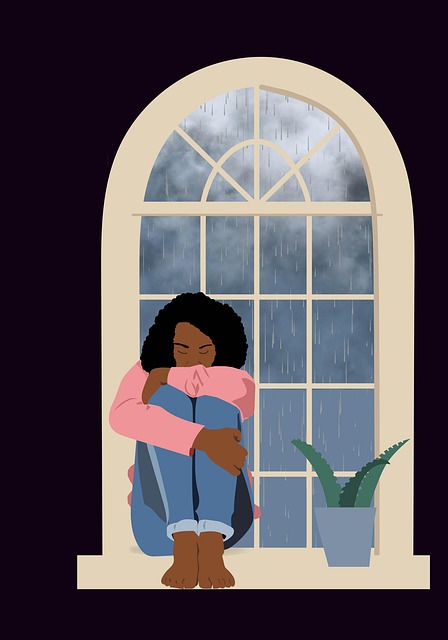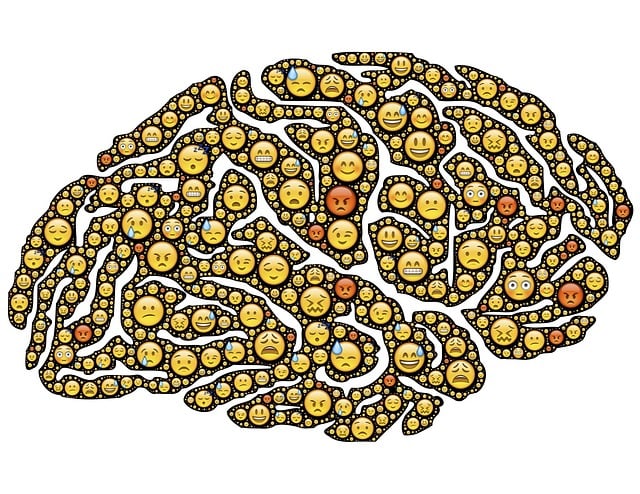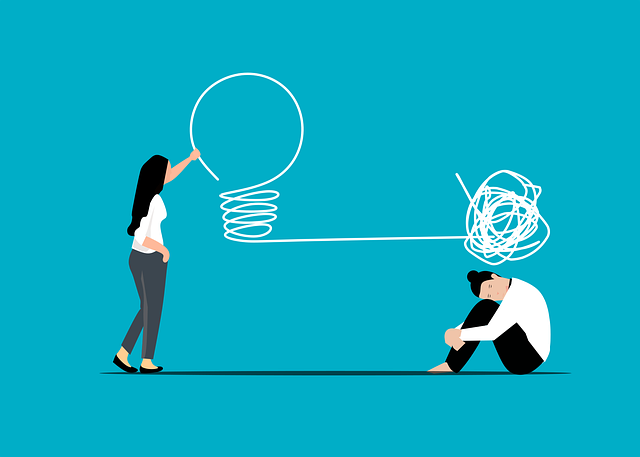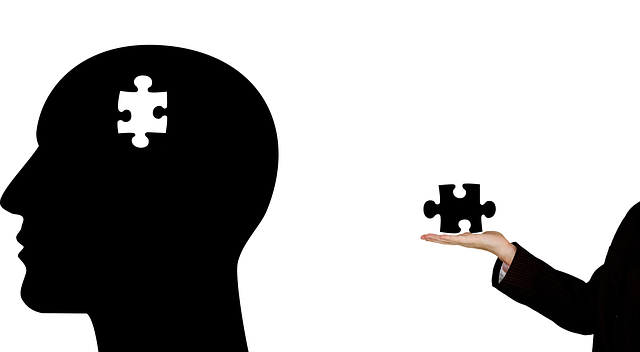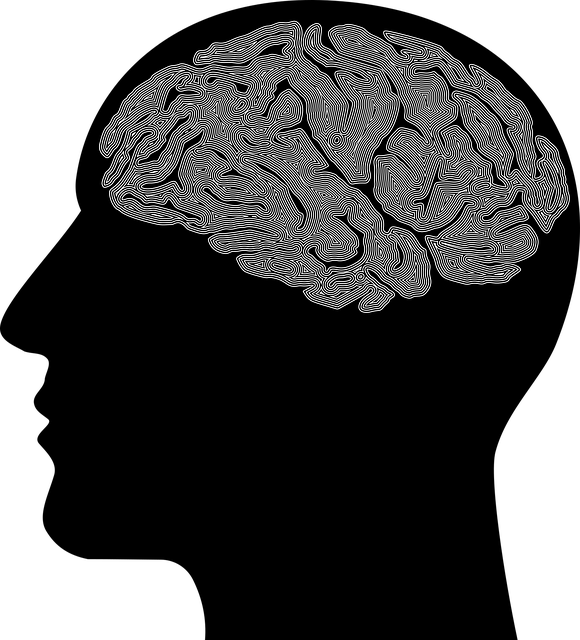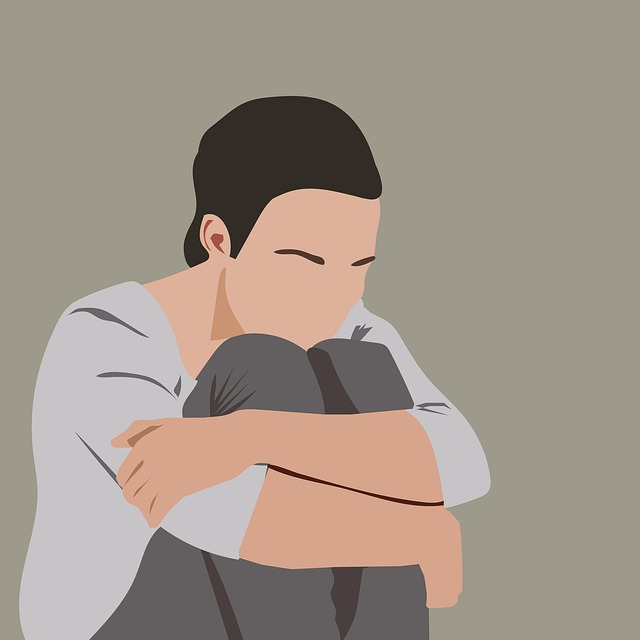Mental health crisis hotlines provide immediate support and confidential spaces for individuals facing challenges, offering tailored services from crisis intervention to couples counseling and therapy for young adults. These hotlines facilitate risk management planning, promote open conversations about mental wellness, and integrate technology for enhanced accessibility. Couples counseling is a powerful tool during mental health crises, helping preserve and strengthen relationships by addressing communication breakdown, conflict resolution, and rebuilding trust. Accessing hotline services offers immediate relief, guidance, and connections to the right support, whether therapy or local resources. Post-crisis support focuses on trauma resolution, coping skills development, and stigma reduction through educational workshops, fostering supportive environments and encouraging help-seeking without judgment.
“In times of mental health crisis, access to immediate support can be a matter of life and death. Mental Health Crisis Hotline support services play a pivotal role in providing much-needed assistance. This article explores the various facets of these critical resources, offering insights into their functionality and impact. From understanding the significance of hotlines to delving into specific therapeutic approaches like couples counseling for young adults, we dissect effective strategies for crisis navigation. Additionally, we emphasize post-crisis support and prevention techniques to foster resilience.”
- Understanding Mental Health Crisis Hotlines: A Lifeline for Many
- The Role of Therapy in Supporting Young Adults
- Couples Counseling: Strengthening Relationships DuringCrises
- Accessing and Utilizing Hotline Services Effectively
- Building Resiliency: Post-Crisis Support and Prevention Strategies
Understanding Mental Health Crisis Hotlines: A Lifeline for Many

Understanding Mental Health Crisis Hotlines is a crucial step in recognizing their significance as a lifeline for many individuals grappling with mental health challenges. These dedicated hotlines provide immediate, confidential support to those experiencing crises, offering a safe space to express feelings and seek guidance. Trained professionals on these lines offer a range of services tailored to diverse needs, from crisis intervention and emotional support to connecting callers with appropriate resources like therapy for young adults or couples counseling.
The importance of mental health crisis hotlines extends beyond acute interventions; they also play a vital role in risk management planning for mental health professionals by facilitating early identification of distress signals. Moreover, their availability encourages open conversations about mental wellness, challenging stigma and promoting seeking help as a sign of strength rather than weakness. With the evolving landscape of mental healthcare, the integration of technology in these services, such as through online platforms and mobile apps, further enhances accessibility, ensuring that support is readily available when needed most.
The Role of Therapy in Supporting Young Adults

Therapy plays a pivotal role in supporting young adults navigating mental health crises. Through individual therapy sessions, young adults can explore and process their emotions, gain insights into their thoughts and behaviors, and develop coping skills tailored to their unique challenges. The therapeutic environment offers a safe space for self-reflection, fostering resilience and emotional well-being.
Couples counseling is another valuable aspect, addressing interpersonal issues that often contribute to mental health struggles. This approach recognizes the profound impact of relationships on individual wellness. By improving communication, resolving conflicts, and enhancing connection, couples counseling can help young adults strengthen their support systems, a crucial element in preventing and managing burnout. In light of these strategies, healthcare provider cultural competency training and burnout prevention strategies are essential to ensuring effective therapy for young adults.
Couples Counseling: Strengthening Relationships DuringCrises

During a mental health crisis, couples often face unique challenges that can strain their relationships. Seeking professional help through couples counseling is a proactive step to strengthen bonds and navigate turbulent times together. This form of therapy for young adults focuses on improving communication, resolving conflicts, and rebuilding trust. By fostering an open and supportive environment, couples gain the tools needed to support each other’s mental wellness and promote emotional well-being.
In addition to addressing relationship issues, couples counseling can also incorporate mental wellness coaching programs tailored to enhance coping strategies and stress reduction methods. These sessions help partners understand their individual and collective triggers, enabling them to manage crises more effectively. Through this collaborative process, couples can emerge with strengthened connections, improved emotional resilience, and a shared commitment to maintaining a healthy relationship, even in the face of adversity.
Accessing and Utilizing Hotline Services Effectively

Accessing hotline services for mental health support is a crucial first step for many individuals seeking assistance. These 24/7 resources are designed to provide immediate relief and guidance, offering a safe space to share concerns without judgment. Whether it’s a young adult navigating anxiety or a couple seeking couples counseling, hotline counselors are trained to connect people with the right support. They can offer short-term therapy solutions, direct individuals to local resources, or help them develop coping strategies for day-to-day life.
Effective use of these services involves being clear and concise when describing your situation. Providing specific details about your emotions, thoughts, or challenges enables counselors to offer tailored guidance. Hotline support can also be an excellent starting point for those interested in mental health education programs design or exploring journaling exercises for mental wellness as a form of self-care. Remember, seeking help is a sign of strength, and utilizing these resources can be a transformative step towards better mental health.
Building Resiliency: Post-Crisis Support and Prevention Strategies

After a mental health crisis, providing post-crisis support is vital to help individuals build resilience and prevent future episodes. This period offers a unique opportunity for profound growth and recovery. One effective strategy is offering tailored therapy services, such as couples counseling or specialized therapy for young adults, focusing on trauma resolution and coping skills development. These therapeutic approaches empower individuals with the tools to manage stress and emotions effectively.
Additionally, mental illness stigma reduction efforts play a significant role in fostering empathy within communities. By organizing interactive workshops that educate and promote understanding of mental health issues, organizations can create supportive environments. Such initiatives encourage open conversations about stress management, fostering empathy between peers and breaking down barriers. This collective approach contributes to a healthier, more resilient community where individuals feel empowered to seek help without fear of judgment.
Mental health crisis hotline support services play a pivotal role in offering immediate assistance and long-term guidance. As highlighted, therapy for young adults and couples counseling are essential components of post-crisis care, fostering resilience and promoting healthy relationships. By effectively accessing these services, individuals can navigate challenging situations, gain valuable insights, and build coping mechanisms to prevent future crises. In the context of today’s mental health awareness, utilizing hotline resources and seeking specialized therapy types is a proactive step towards a healthier, more supportive community.
